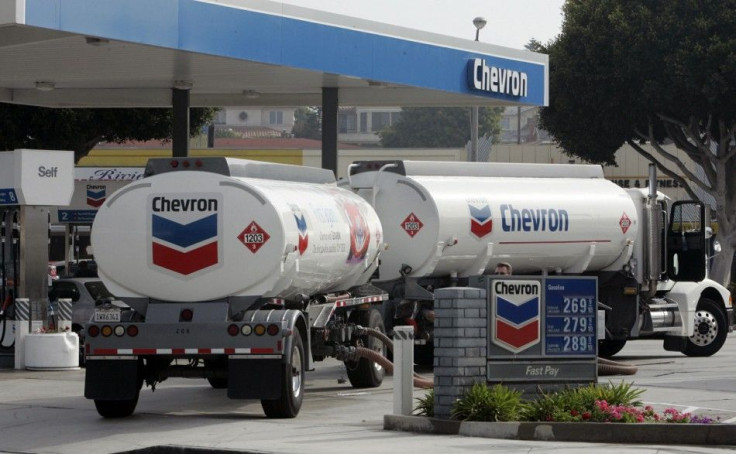Oil Prices Soar to Nearly $100 as Greece Passes Austerity Measures

Oil prices rose to nearly $100 a barrel in electronic trading on the New York Mercantile Exchange Monday, after Greece's parliament had approved painful austerity measures to secure a second bailout and avoid bankruptcy.
Benchmark crude for March delivery soared $1.01 to $99.68 a barrel in electronic trading on the New York Mercantile Exchange. Futures fell 1.2 percent to $98.67 on Feb. 10, the lowest settlement since Feb. 7, and are up 17 percent from the last year, a Bloomberg report said.
On the other hand, Brent oil for March settlement on the London-based ICE Futures Europe exchange was up 94 cents at $118.25 a barrel. The more-actively traded April contract was up 92 cents at $117.67, according to the report.
Oil has been trading in a tight range for the past couple of weeks and we're now moving towards the higher end of the range, Reuters quoted Victor Shum, senior partner at oil consultancy Purvin & Gertz. I don't expect we're going to rally ahead in a big way...with protests raging everywhere in the country, it's not exactly an image of confidence.
The vote by Greek lawmakers, which led protesters burn down cinemas, cafes, shops and banks in central Athens and fought riot police, has paved the way for Greece's European partners and the International Monetary Fund to release $170 billion (€130 billion) in new rescue loans, the Associated Press reported.
Greece requires the international funds before March 20 to repay debts of $19.2 billion (€14.5 billion). Otherwise, it would have to suffer a chaotic default, which could engulf the entire eurozone.
However, the new Austerity bill is said to impose even harsher measures in return for the funds.
According to a Reuters report, the rebellion and street violence foreshadowed the problems the Greek government faces in implementing the cuts, which include a 22 percent reduction in the minimum wage -- a package, as critics say, that condemns the economy to an ever-deeper downward spiral.
While we did see an upward shift in risk assets early in Asian trading hours, gains were undoubtedly kept in check knowing that whilst the yes vote was vital, the broader issues are far from resolved, Tom Waterer, a senior FX dealer at CMC markets in Sydney, told Reuters.
Global Oil Demand Outlook
Some analysts expect that this year's weak global economic growth will push oil prices lower. The International Energy Agency said Friday that global oil demand would grow less than 1 percent this year. It trimmed down its forecast, in its sixth consecutive monthly cut, by 250,000 barrels per day (bpd) to 800,000 bpd.
To be bullish from here, one would need to believe a supply disruption is coming, Morgan Stanley said in a report. With fundamentals weakening, we believe that any further upside is unlikely without a supply shock.
After Iranian President Mahmoud Ahmadinejad said Saturday that the country would soon announce advances in its nuclear program, investors are worried that it would worsen the tension in the Middle East.
Latest reports on Iran suggest that financial sanctions are already hitting oil production, with falls in output and exports likely to accelerate, analysts at ANZ said in a report. The nation is looking to showcase its nuclear capabilities to the rest of the world in the coming days, which we think could provide additional support to oil prices in the region as tensions flare.
As per a Bloomberg survey of analysts and producers, Iran's crude output dropped the most in six months by an average 30,000 barrels a day, or 0.8 percent, to 3.55 million barrels a day in January.
Oil prices are expected to get further directions later Monday, as U.S. President Barack Obama is scheduled to submit his fiscal 2013 budget proposal to the U.S. Congress to plan a financial path for the next decade.
© Copyright IBTimes 2025. All rights reserved.






















